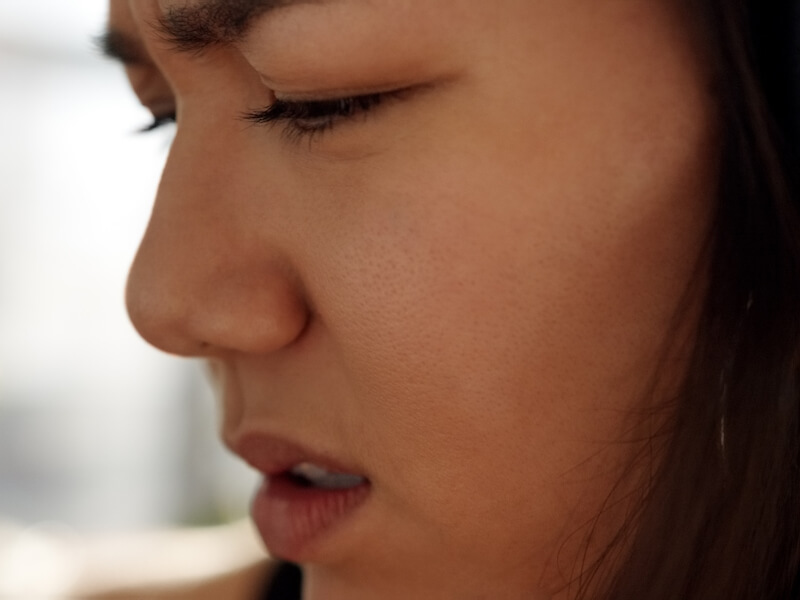
It’s well known that stress, especially for prolonged amounts of time, can be extremely harmful to the body. When you are afflicted by acute stress, everything from extreme muscle aches to headaches can be the outcome. But tinnitus, a buzzing, clicking, or ringing in the ears can also be the result.
Tinnitus can be caused by various different health factors, including stress, sinus infections, or loud sounds. Let’s have a look at a few potential causes of that aggravating ringing in your ears.
How to Recognize Unhealthy Stress
You may be asking yourself how stress lends to tinnitus. It’s often easy to take for granted how extreme the medical consequence of stress can be on our bodies. Disregarding stress is a bad idea.
Healthy Stress
Stress that lasts a few minutes, or even several hours, can actually play an important role in getting necessary tasks completed. If you’re dealing with a deadline and have to focus on finishing a project, stress can be an ally by giving the boost of energy required to finish the job.
There is a difference, however, between healthy, short-term stress and unhealthy, harmful stress. The ability to accomplish goals can be assisted by healthy stress while unhealthy stress can physically harm you.
Unhealthy Stress
Unhealthy stress is caused by the fear of something that, in most cases, never in fact happens. When a person remains in a heightened state of anxiety, the outcome is often unhealthy stress.
Unhealthy stress relates to our “fight or flight” response, a natural reaction that helps keep us protected in dangerous conditions. Harmful physical symptoms occur when somebody remains in a hyper-stressful circumstance for prolonged periods.
Worrying
Worrying is a very common cause of unhealthy stress. The importance of a relationship or situation can often be exaggerated. We might have ourselves convinced that we said or did something to ruin our chances at a promotion. When you worry like this your invasive thoughts can really run away from you.
Unhealthy Stress And Invasive Thoughts
We may believe that we are falling behind and failing to accomplish our everyday schedule. We might obsess, talk to ourselves, or even panic. Inevitably, our unhealthy stress wears on our bodies if we don’t do something to curb these thoughts.
Pain and muscle tension on the upper body are typical effects of unhealthy stress. The head, neck shoulders, and jaw are areas that can be affected.
Jaw Tension And Anger
Have you ever read a book where the author portrays a character as being so angry his jaw clenched in rage? Stress, worry, anger, and intrusive thoughts frequently come with jaw tension.
Sustained strain can put pressure on the delicate bones of the eardrum and inner ear. Ringing in the ears can be the result.
Sinus Infections And Ear Strain
Sinus infections cause lots of unwelcome symptoms, from a soar throat to a stuffy nose.
Sinus infections generate sinus pressure, headaches, and ear pressure. These issues can produce ringing, buzzing, and clicking in the ears.
Nasal congestion frequently spreads to the ears during a sinus infection. This can produce excessive earwax, which causes clogged ears and intense pressure on the eardrums. And with this comes ringing in the ears.
If the ringing is caused by a sinus infection it will most likely go away on its own and you won’t have to consult a hearing professional. But you should definitely make an appointment with us if the ringing lasts for more than a few days.
Extended Exposure to Loud Noises
The intermittent music performance probably won’t cause long-term ear-ringing. If you routinely expose your ears to intense sounds, however, you might be putting stress on the tender parts of your ears.
When you expose your ears to loud noises regularly, your eardrums and the bones of the inner ears are strained, which can produce ringing, buzzing, or clicking.
Beyond the intermittent ringing in your ears, exposure to loud sounds over a long period of time can result in temporary or lasting hearing loss. It’s important to protect your ears from the elements and listen to music at a reasonable volume level.
Safeguarding Your Hearing
Tinnitus isn’t something you should disregard whichever one of these is the cause. It’s best to have your ears examined by a hearing specialist regularly. For your peace of mind, you should get checked, especially if you suspect that your tinnitus is being triggered by a serious underlying medical problem.